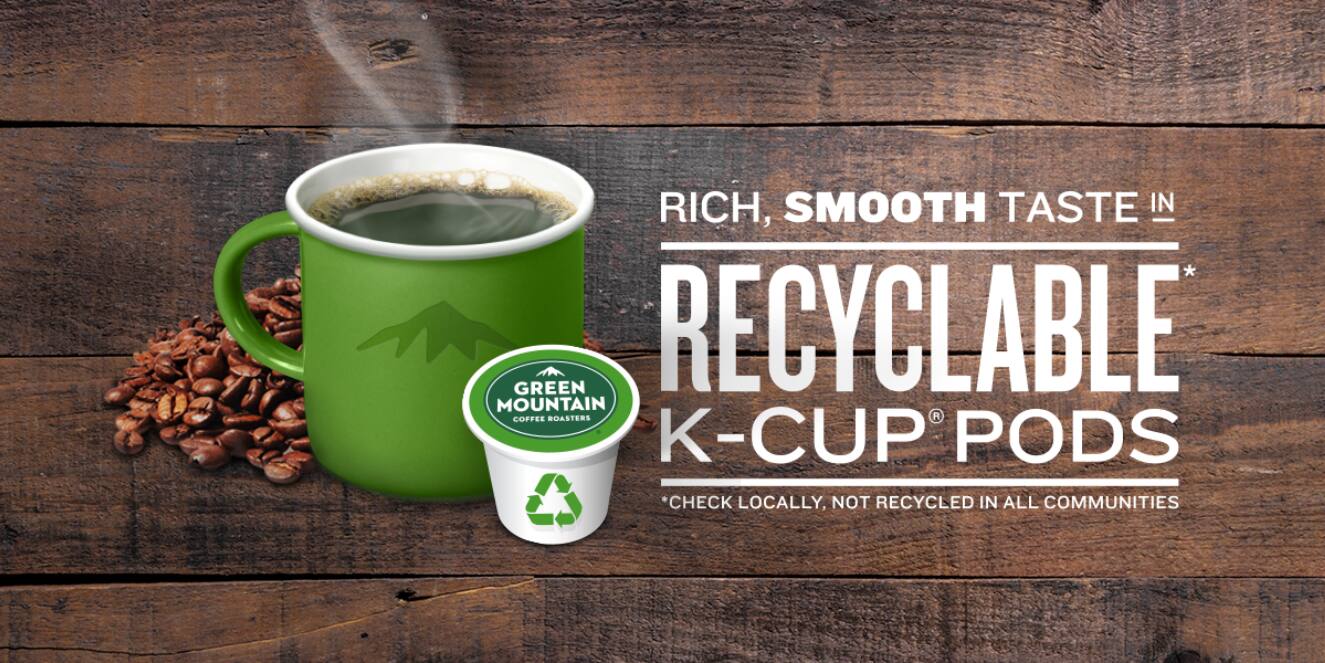Keurig Green Mountain Cut To Sell At Zacks Gmcr
The coffee market is an ever-evolving landscape, characterized by shifting consumer preferences, technological advancements in brewing mechanisms, and fierce competition among brands. One significant development that has captured the attention of financial analysts and investors alike is the recent decision by Zacks Investment Research to cut its ratings on Green Mountain Coffee Roasters (GMCR), the parent company of the well-known coffee brewing system, Keurig. This article delves into the multifaceted reasons behind this rating revision, the implications for the company, and the broader market context.

Green Mountain Coffee Roasters, established in 1981, has experienced a meteoric rise in popularity, largely due to its innovative single-serve coffee systems and a vast array of coffee pods. The Keurig brand, synonymous with convenience and quality, has become a household name in American kitchens. Yet, even such a venerable entity faces challenges that necessitate scrutiny, particularly from investment firms that evaluate stocks based on current market conditions and future earnings potential.
Zacks’ decision to downgrade its rating comes amidst several market fluctuations and corporate adjustments. This analytical evaluation reflects a confluence of factors that span consumer behavior, macroeconomic indicators, and internal corporate strategy. Central to this reconsideration is the increasing saturation of the single-serve beverage market. Once a burgeoning sector, it is now replete with options, making it vital for companies to continuously innovate to maintain their competitive edge.
Consumer preferences play an indispensable role in shaping market dynamics. A noticeable shift has emerged among health-conscious individuals who increasingly gravitate towards sustainably sourced, organic products. The demand for ethically produced and environmentally friendly coffee has surged, prompting Green Mountain Coffee to reassess its sourcing practices. However, while the company has made strides in this arena, competitors have swiftly adapted, offering more diverse product lines that cater to these preferences. The urgency to retain relevance and market share is palpable.
Furthermore, the impact of economic indicators on consumer spending cannot be overlooked. A fluctuating economy, characterized by inflationary pressures and changing disposable incomes, influences consumer buying habits. In uncertain times, the premium pricing of single-serve coffee systems may deter potential customers seeking more economical alternatives. Analysts at Zacks have noted that a downturn in consumer spending may lead to a plateau or even decline in sales for Green Mountain, hence warranting the cautious approach represented in their rating cut.
The rise of private label brands cannot be ignored either. Retailers have increasingly introduced their coffee brands, often priced competitively against established players like Green Mountain. This trend poses a serious threat to market share, reinforcing the need for differentiation through branding, quality, and customer loyalty initiatives. The market landscape has turned into a battleground where the established giants must rigorously defend their positions against nimble, quality-oriented contenders.
Despite these challenges, it is crucial to acknowledge the strength inherent in the Green Mountain Coffee brand. Its established infrastructure and extensive distribution network provide a buffer against immediate market fluctuations. Notably, the company's commitment to innovation remains a substantial asset. The introduction of new products, including gourmet coffee lines and partnerships with artisanal coffee roasters, serves to rejuvenate brand identity while appealing to a broader consumer base.
It is pertinent to mention that financial analysts, including those at Zacks, do not view the rating downgrade as a definitive forecast of impending doom for Green Mountain Coffee. Instead, it functions as an alert to investors to approach with caution, emphasizing the unpredictability of market dynamics and consumer behavior. This approach encourages stakeholders to monitor the company’s strategies closely, especially in terms of product diversification and commitment to sustainability.
Looking ahead, the path forward for Green Mountain Coffee will require an agile response to the unparalleled challenges posed by both market saturation and shifting consumer preferences. Investments in marketing and brand loyalty programs may play a pivotal role in retaining existing customers while attracting new ones. Collaborations with cafes and restaurants could further augment the brand’s prestige and adaptability in the high-end coffee sector, ensuring relevance amidst the encroaching competition.
Moreover, maintaining transparency with consumers about sourcing practices and investing in environmentally responsible initiatives may bolster the brand’s image, particularly among younger, socially conscious demographics. Implementing these strategies could potentially offset negative perceptions and enhance the overall customer experience linked to the Keurig brand.
Ultimately, while Zacks’ rating cut serves as a sign of caution, it also presents an opportunity for Green Mountain Coffee to recalibrate its approach in a complex and evolving marketplace. With a proactive strategy focused on innovation, sustainability, and consumer engagement, the company holds the potential to not only navigate the current landscape but also emerge as a formidable contender in the future coffee market.
As the coffee industry continues to evolve, stakeholders on all sides—investors, consumers, and industry professionals—will undoubtedly watch closely how Green Mountain Coffee adapts to these ongoing challenges, thus determining its place in the increasingly competitive arena of beverage brands.
Post a Comment